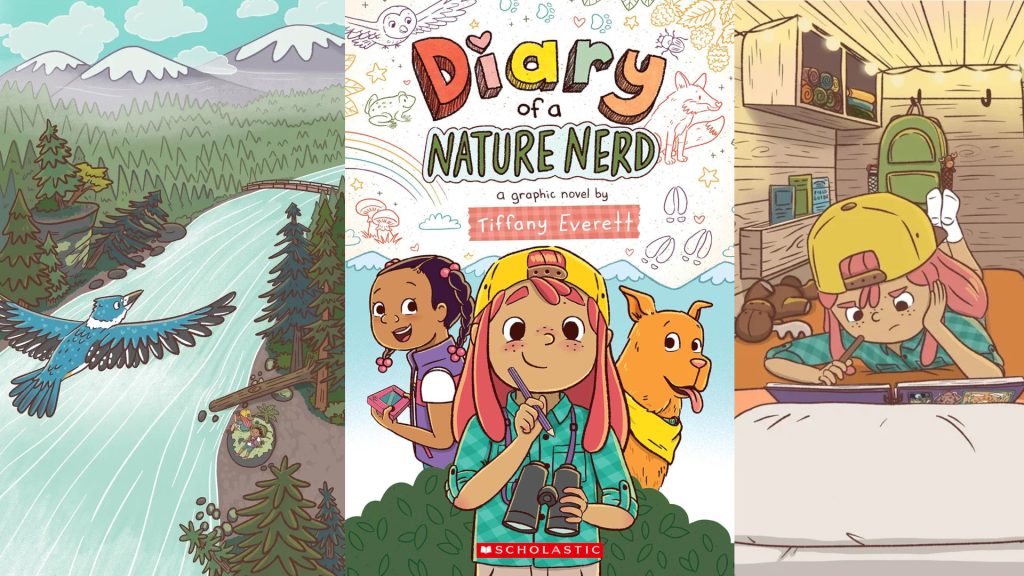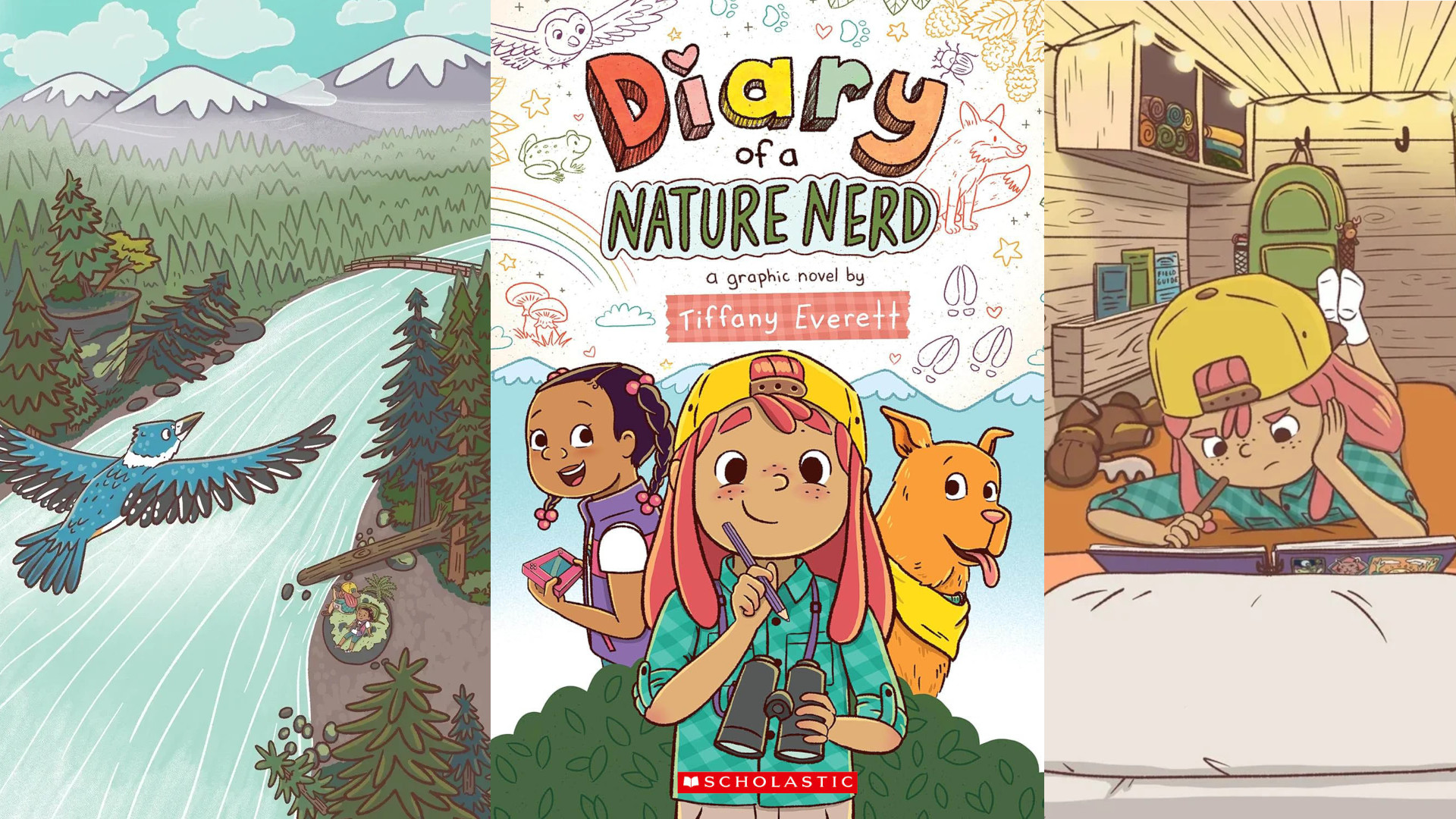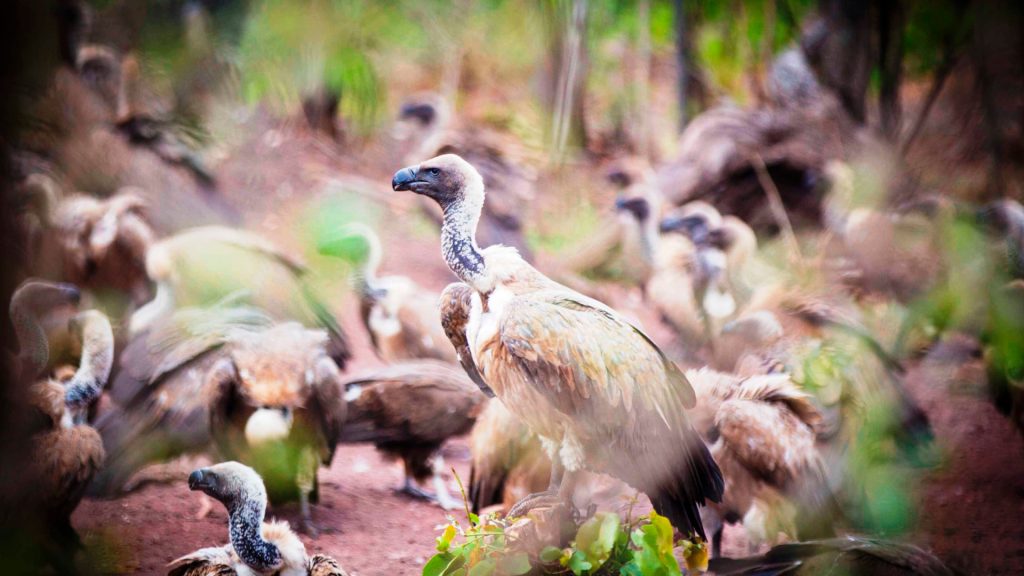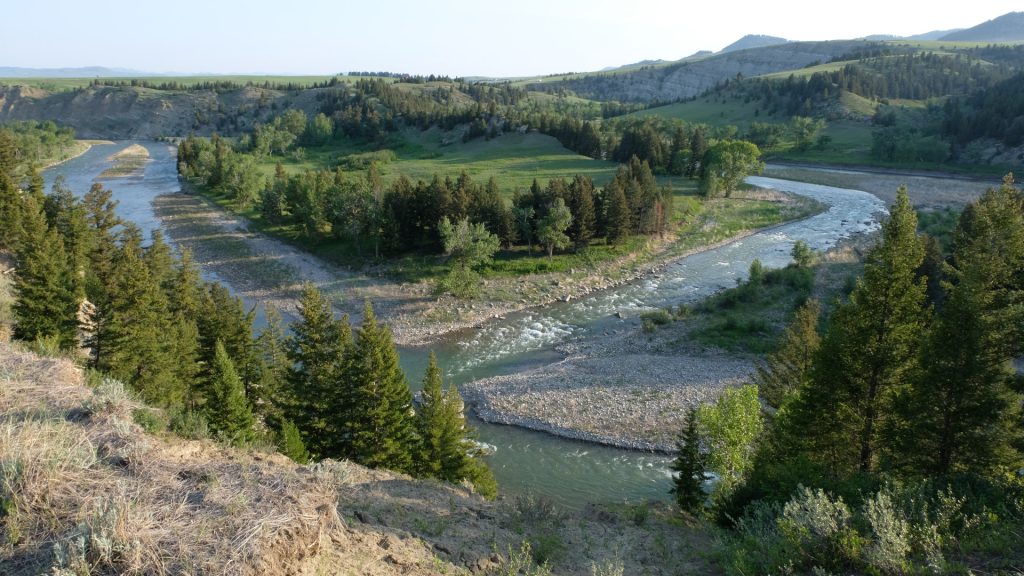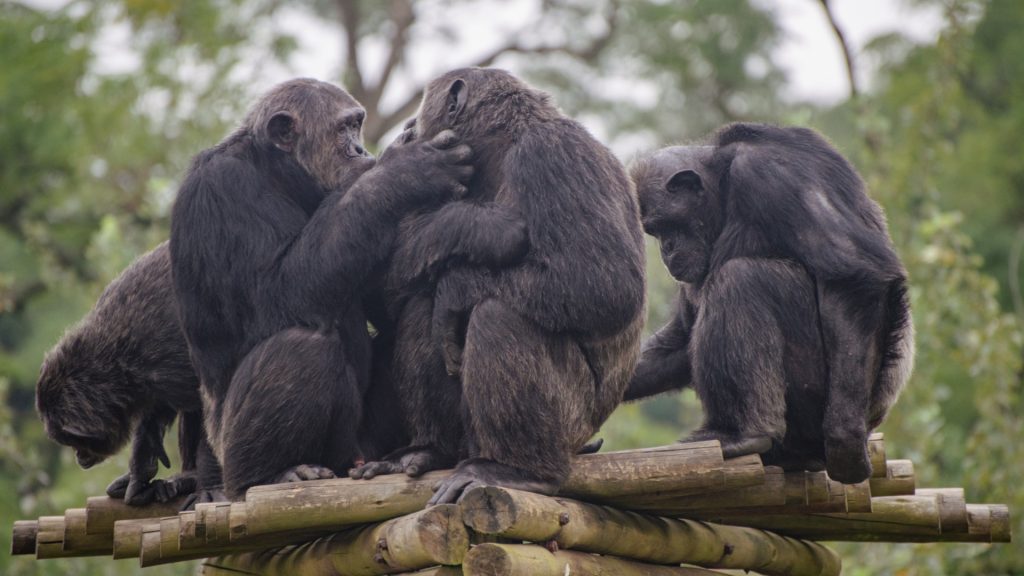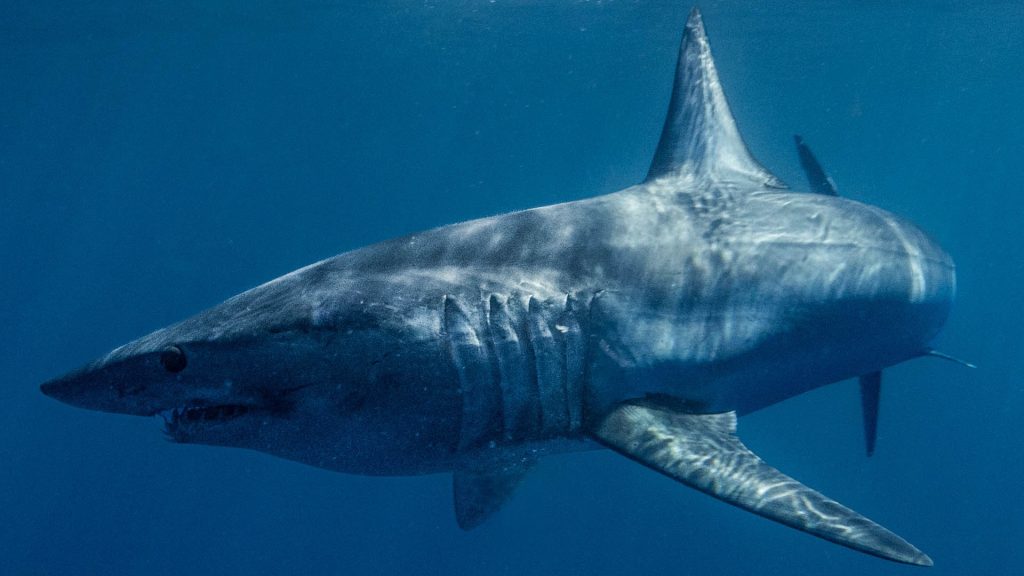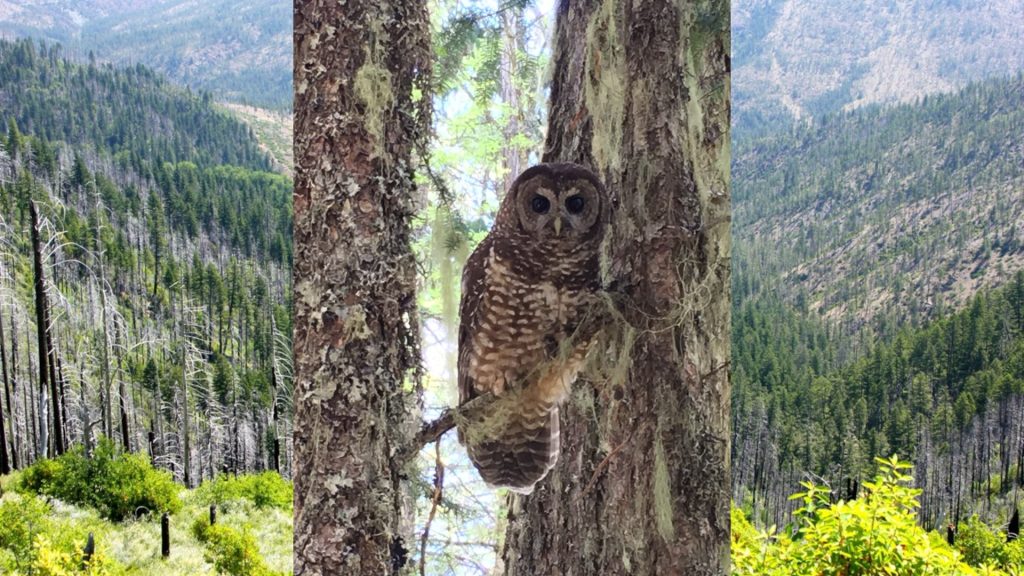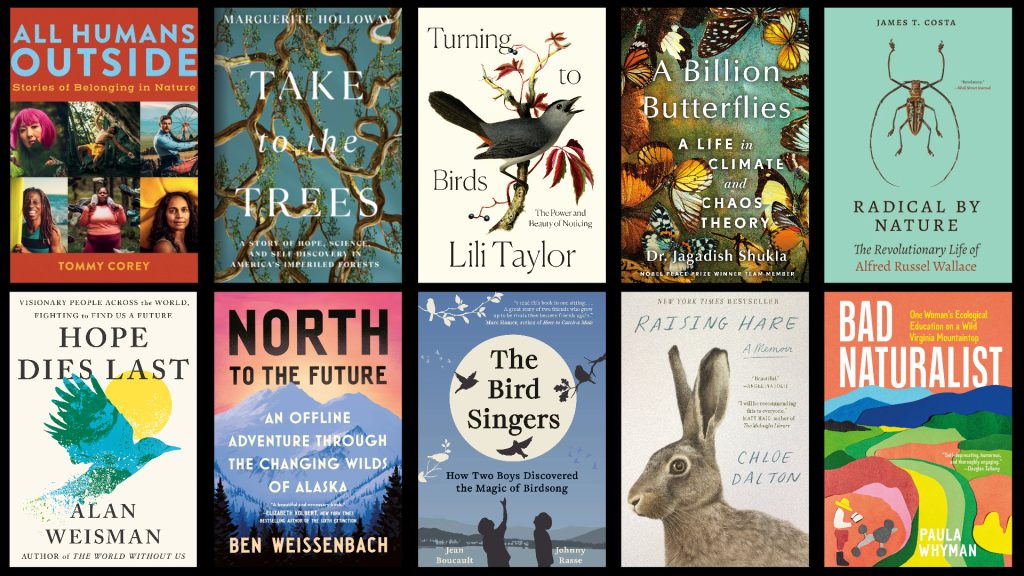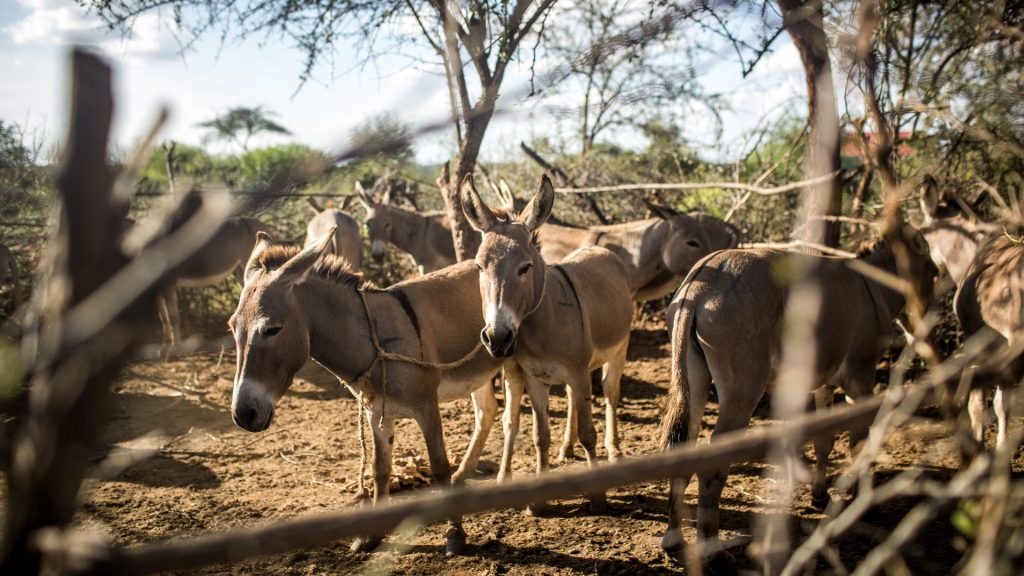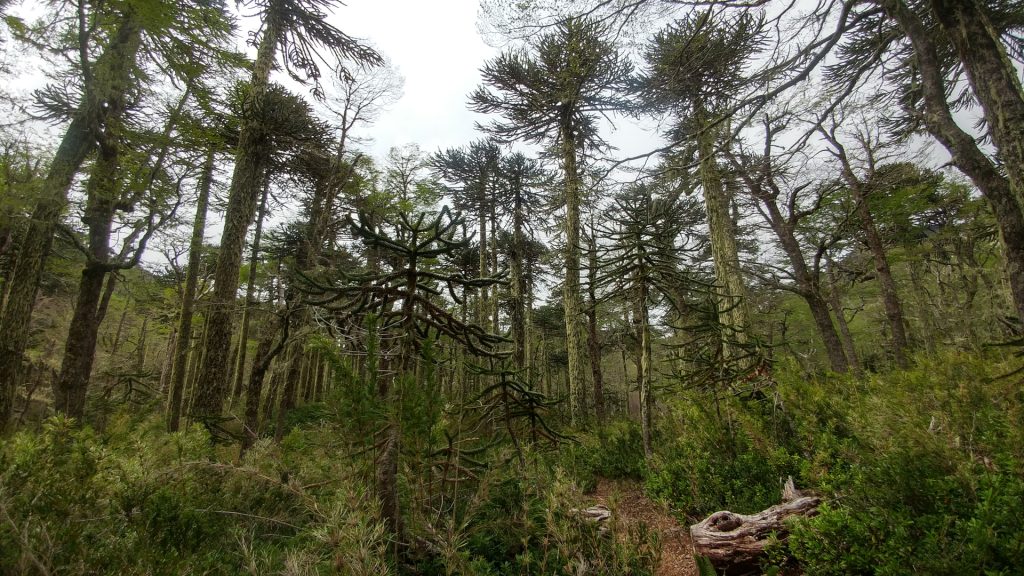Republish this story
Thank you for your interest in republishing this story. You are free to republish it so long as you do the following:
- When reprinting our content, cite The Revelator as the source, and if republishing online include a link back to the original story. Our preferred language, ideally placed beneath the byline, reads: “This story was originally published by The Revelator.”
- Include the author’s byline and bio.
- Do not make any substantial edits or deletions to the story. Changes to headlines, time or location or for editorial style are permitted.
- More substantial edits, including cuts or additions, are not permitted without prior consultation.
- Reprinted materials may not be sold or otherwise syndicated or used to solicit donations of any kind. Please don’t put our content behind a paywall. Republication does not imply an endorsement of The Revelator or the Center for Biological Diversity.
- We like to keep track of who is reprinting our work, so please drop us a line if you republish one of our stories or if you have any questions.
- This reprint policy does not include photographs or other illustrations, which may be subject to other licenses and may not be republished. You may reprint photos and graphics attributed to The Revelator with proper attribution.




 The Revelator, an environmental news and commentary initiative of the Center for Biological Diversity, provides editorially independent reporting, analysis and stories at the intersection of politics, conservation, art, culture, endangered species, climate change, economics and the future of wild species, wild places and the planet.
The Revelator, an environmental news and commentary initiative of the Center for Biological Diversity, provides editorially independent reporting, analysis and stories at the intersection of politics, conservation, art, culture, endangered species, climate change, economics and the future of wild species, wild places and the planet.

